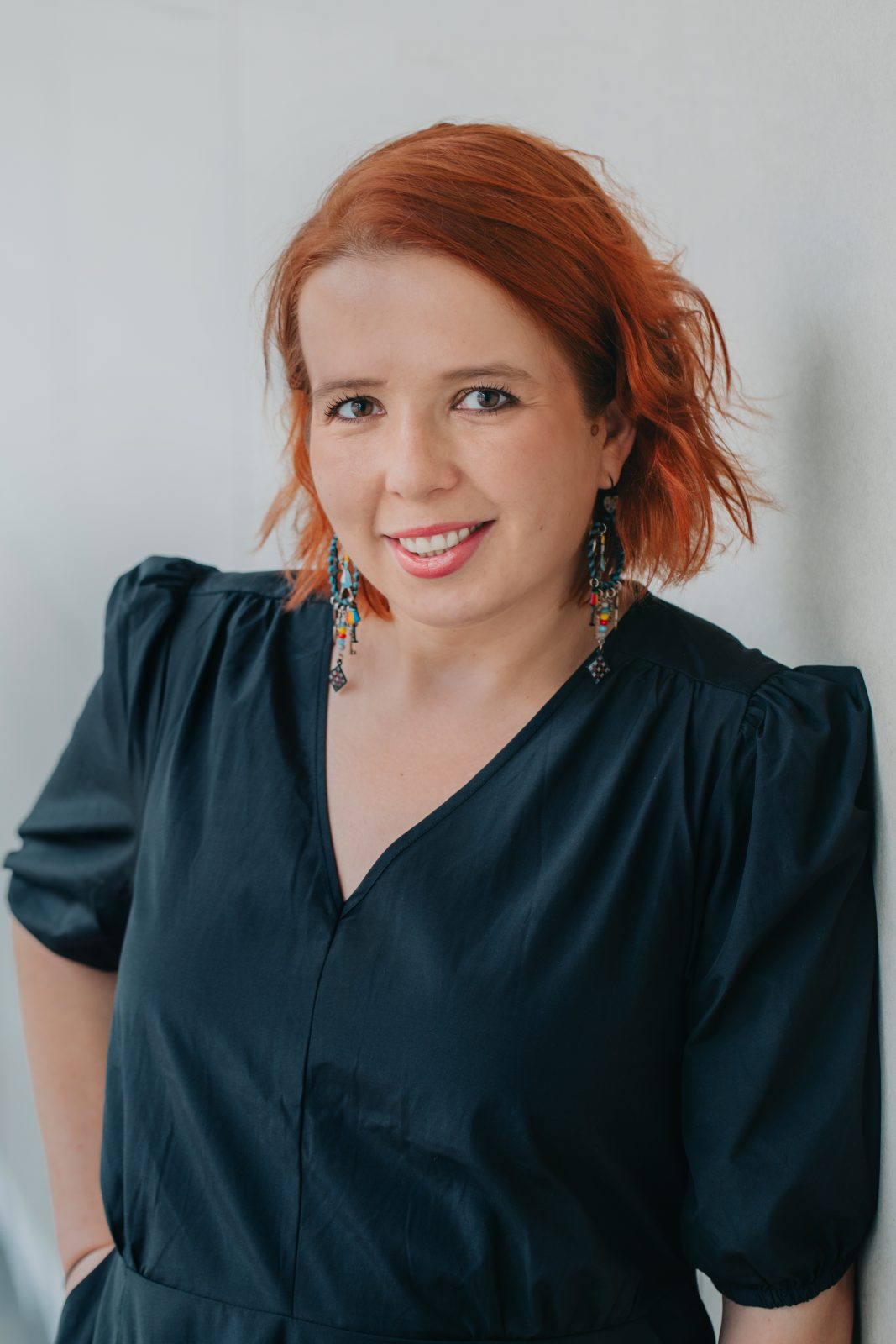
New tools in the fight for justice – scientific research
Smartphones have changed the world – they not only document reality, but also allow survivors and witnesses of crimes to actively participate in the fight for justice. It is also a democratization of the process of holding perpetrators accountable and a new challenge for the judiciary.
This issue will be addressed in her research by dr Kaja Kowalczewska of the Incubator for Scientific Excellence – Digital Justice Center at the UWr Faculty of Law, Administration and Economics. The project will be funded by an NCN Opus grant. The last distribution of Opus grants this year took place in early December.
The title of the project is: „Od głosów do wyroków: Rola dowodów generowanych przez użytkowników w przekształcaniu międzynarodowego wymiaru sprawiedliwości w sprawach karnych (From Voices to Verdicts – FVTV)”.
– Over the next four years, with the fantastic team and support of the Digital Justice Center Digital Justice Center – Digital Justice Center i will study how footage and photos taken with smartphones are changing the way the justice system deals with the most serious crimes, such as war crimes, crimes against humanity or genocide – says dr Kaja Kowalczewska. – We are interested in whether materials created by ordinary people (non-specialists) can become reliable evidence for the International Criminal Court in The Hague, national prosecutors acting on the principle of universal jurisdiction and other accountability mechanisms for international crimes.
Researchers will also analyse how the development of technologies methods and guidelines supporting the documentation of such crimes.
As our researcher explains, the project is inspired by practical observations: widespread access to smartphones, the ability to report on conflicts almost in real time and the mediatization of wars. Today, you can learn more about events in Ukraine, Palestine or Syria on Instagram than in traditional media. With this, however, come risks – misinformation, manipulation, and problems with the so-called “chain of custody,” i.e. ensuring that evidence from its creation to its presentation in court remains reliable.
– As coordinator of the coalition of Polish Social Organisations (KOOS) dedicated to documenting international crimes, raising awareness among Poles about the responsibility of the perpetrators and supporting survivors, I know the enormous potential of this project. With an interdisciplinary approach – combining empirical (anthropological) and theoretical (legal) research – we can not only deepen knowledge, but also propose real changes – the researcher adds.

Photo: Dominika Hull-Bruska
Complied by Kg
Publication date 10 December – Human Rights Day
Added by: M.J.



